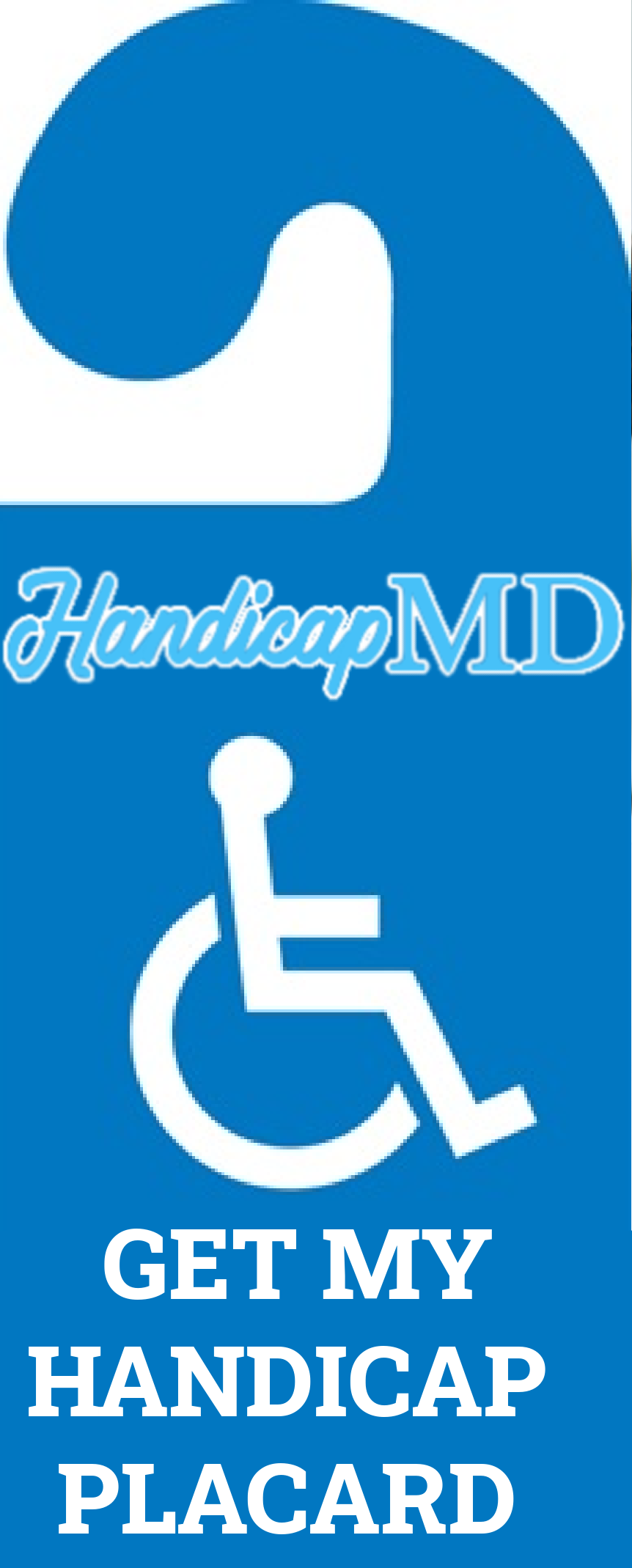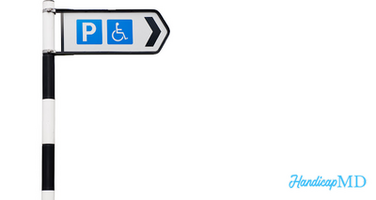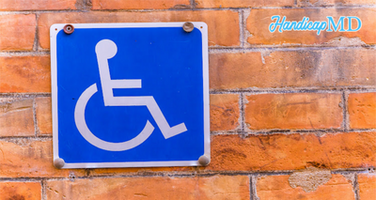
Handicap Placard Violations and Penalties in Utah: What You Need to Know
Introduction
Disability placards play a crucial role in ensuring accessibility and convenience for individuals with disabilities in UT. However, it's essential to understand the rules and regulations surrounding these placards to avoid violations and the associated penalties. In this comprehensive guide, we will delve deep into Handicap Placard Violations and Penalties in Utah, providing you with the knowledge you need to stay compliant with the law and support those in need.
What is a Handicap Placard?
A handicap placard, also known as a disabled parking permit, is a special license plate or placard issued to individuals with disabilities. It allows them to park in designated accessible parking spaces closer to buildings and facilities.
Types of Placards in Utah
In Utah, there are two main types: temporary and permanent. Temporary ones are issued for a specific duration, usually tied to the medical condition. Permanent ones are issued for individuals with long-term or permanent disabilities.
Obtaining a Disability Placard
To obtain a disability pass in Utah, you need to fill out the required application and provide medical certification of your disability. The process is relatively straightforward, but it's essential to ensure you meet the eligibility criteria.
Displaying the Handicap Placard
The law mandates that your Utah handicap permit should be displayed on the rearview mirror when parking in an accessible space. Ensure that the placard's information is visible from outside the vehicle.
Violations and Penalties
Handicap passes are issued to individuals with disabilities, allowing them to access designated parking spaces close to buildings and facilities. These spaces are strategically placed for convenience, ensuring that people with disabilities can go about their daily activities without unnecessary obstacles.
However, it is essential to note that these parking spaces are not for general use. Misusing them can result in severe penalties. Here's a breakdown of the potential violations:
1. Parking Without a Valid Placard
The most common violation is parking in a designated space without displaying a valid permit or license plate. This act not only inconveniences those who genuinely need these spaces but also shows a lack of consideration for others.
2. Unauthorized Use of Someone Else's Pass
Using someone else's pass when they are not present is a serious violation. It undermines the purpose of the permit and can lead to harsh penalties.
3. Falsifying Information
Providing false information or documentation to obtain a disability permit is illegal. This includes exaggerating a medical condition or using fake medical records.
Penalties for Handicap Permits Violations
Utah takes disability pass violations seriously and enforces strict penalties to deter misuse. Here's what you could face if you're caught violating these regulations:
First Offense: A first-time offender can expect to pay a hefty fine, which may range from $250 to $750. Additionally, community service or educational programs related to disabilities may be required.
Second Offense: Repeating the offense will result in more severe consequences. You could face fines ranging from $750 to $1,000 and may be required to perform a more extensive community service or attend additional educational programs.
Third Offense: For persistent violators, the penalties become even more substantial. A third offense may lead to fines between $1,000 and $1,500, along with more extensive community service and educational programs.
License Suspension: In extreme cases, the state may suspend your driver's license for up to six months for repeated violations.
Vehicle Towing: Law enforcement may tow your vehicle if you are caught using someone else's permit or engaging in fraudulent activities related to disabled parking.
It's crucial to understand that these penalties are not just financial; they can also impact your driving privileges and record. Avoiding handicap permit violations is not only the ethical choice but also the legally responsible one.
Reporting Violations
Utah encourages citizens to report disability permit violations. Reporting can be done through various channels, such as contacting local law enforcement or using designated reporting forms.
FAQs
Q: Can I lend my disability permit to a friend or family member? A: No, these are non-transferable and can only be used by the individual to whom they are issued. Lending your permit to someone else is a violation.
Q: What should I do if I see someone misusing a disability pass? A: You can report the violation to your local law enforcement agency. They will investigate the matter and take appropriate action.
Q: Are permits valid in other states? A: Yes, handicap placards issued in Utah are generally valid in other states. However, it's essential to be aware of specific state regulations when traveling.
Q: How long does it take to obtain a disability pass in UT? A: The processing time for obtaining a handicap pass varies but typically takes a few weeks. It's advisable to apply well in advance if you need one. Once your permit is issued, be mindful of the expiration date to ensure timely renewal.
Q: Are there any income requirements to qualify for a handicap permit? A: No, there are no income requirements. Eligibility is based on the individual's disability and medical certification.
Q: Can businesses provide designated parking spaces? A: Yes, businesses are required by law to provide accessible parking spaces for their customers. Failure to do so can result in penalties.
Conclusion
Understanding Handicap Placard Violations and Penalties in Utah is crucial for both individuals with disabilities and the general public. By following the rules and reporting violations, we can ensure that accessible parking spaces are available to those who truly need them. Stay informed, stay compliant, and contribute to a more accessible UT.
.png)






